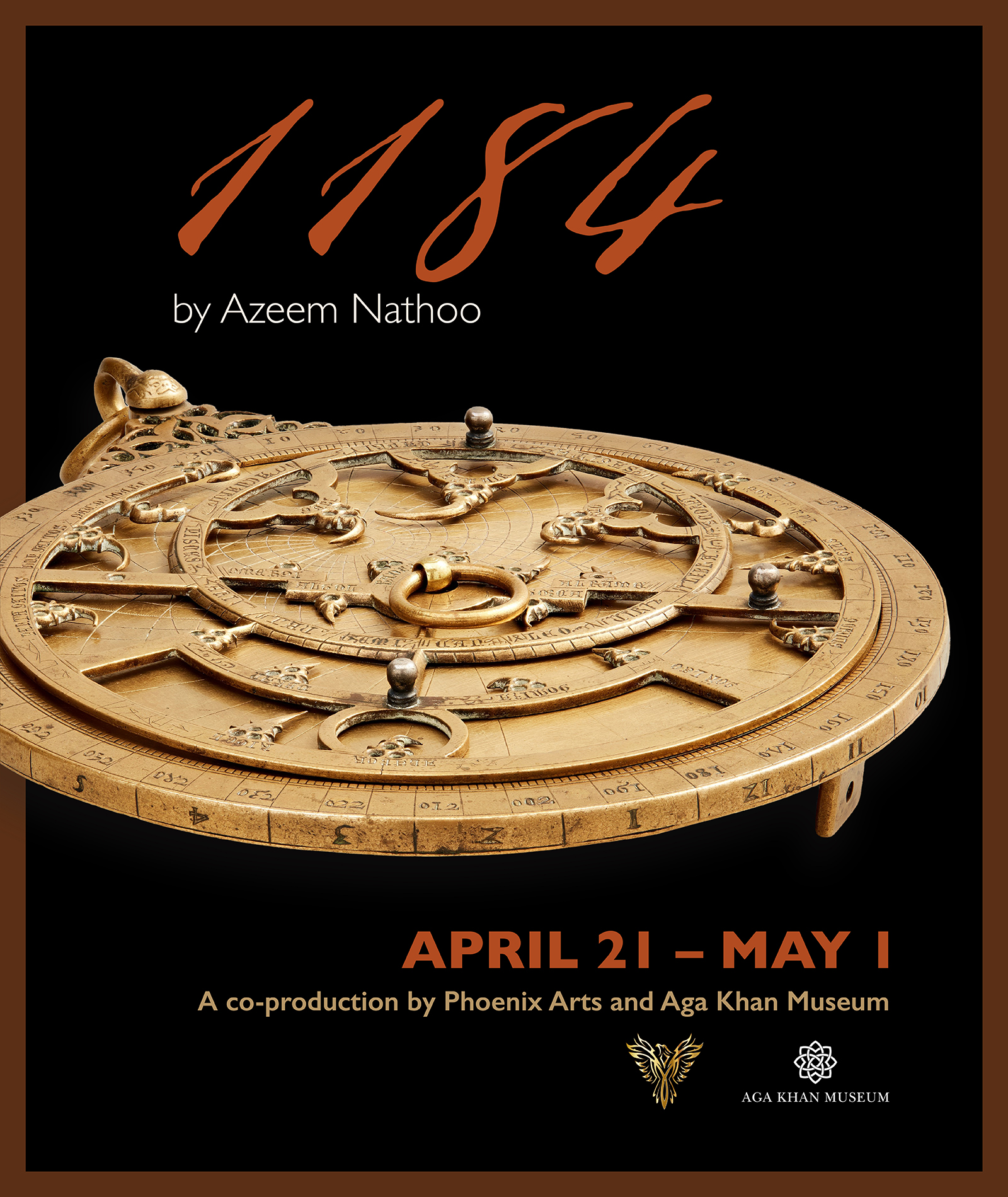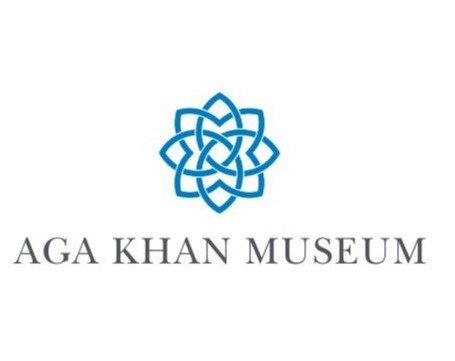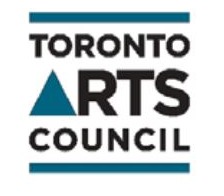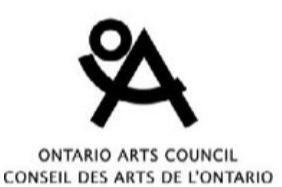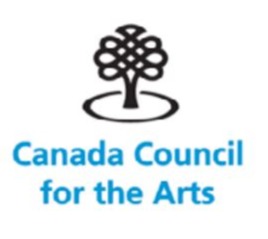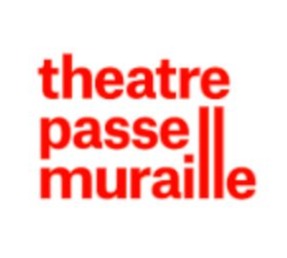This play emerged from the ongoing question as to whether peoples from the three major Abrahamic religions of Islam, Judaism and Christianity can ever live in peace with one another. On the surface, we only need to look at our own country to see that in Canada, they do, very much so.
But for so long, and especially since 9/11, the narrative surrounding Muslim identity has been co-opted by many to insist on a clash of civilizations. pitting “East against West”.
I decided to put these assumptions to the test.
In 2016, I began researching the medieval period, giving equal opportunity to Muslim, Christian and Jewish historians. I was expecting to find each historian render their own religious bias in such a way as to render their own people either best suited to victory or overly hard done by in defeat.
And yes, there was indeed such bias, especially among the primary sources. Astonishingly, when comparing the historical accounts of a particular event from historians of different religious backgrounds, I found that the accounts were consistent 90% of the time.
This aspect would come to serve as the cornerstone of 1184 – that a common purpose, in this case among historians, to provide a faithful interpretation of historical events would, taken together, lead to a more accurate idea of what the “truth” and the “facts” are.
While this has confirmed for me that a truly robust position on anything can withstand scrutiny from all sides, this is nothing new.
A diversity of perspectives has coexisted for millennia, and when it comes to the three major Abrahamic religions, it has done so as far back as medieval times in Andalusia, where coexistence, or Convivencia, thrived for 500 years (8th to 13th centuries). It is no coincidence that this period was also home to both the Islamic and Jewish Golden Ages.
1184 is just a humble attempt to uncover the secrets of that period. What worked? What didn’t? And if not, why not?
The rest I leave up to you in the hope that we continue to explore what binds us rather than what breaks us apart, while remembering the wise words of our Bookseller:
“We are all as capable of evil, as much as we are of good.”
Azeem Nathoo
